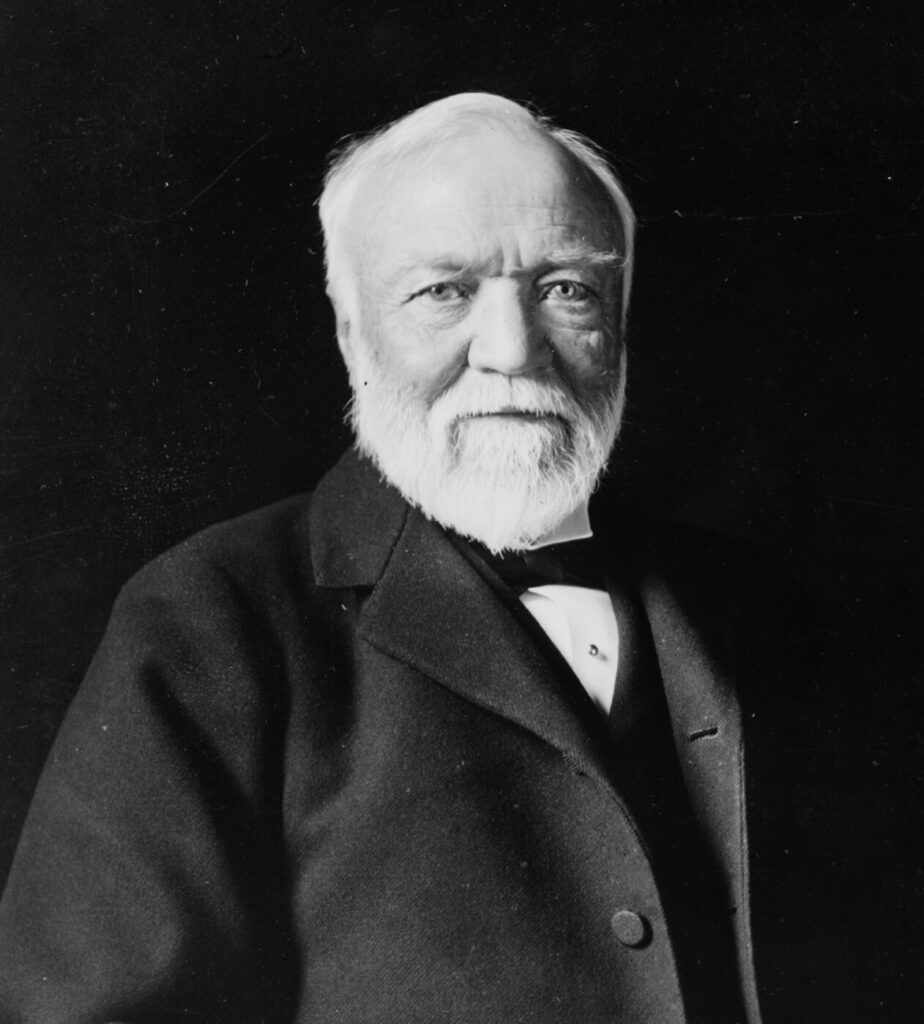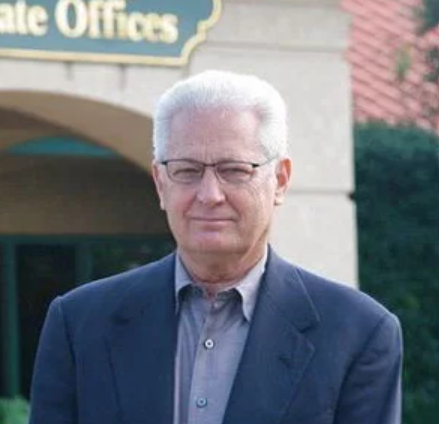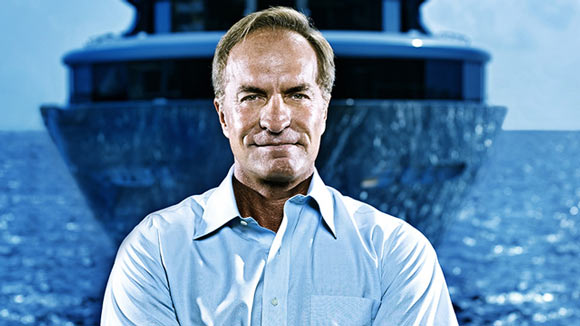Andrew Carnegie
image source :- google image by :- ehandbook
Andrew Carnegie
| Aspect | Details |
|---|
| Birth | November 25, 1835, in Dunfermline, Scotland. |
| Background | Son of a weaver; family emigrated to Pennsylvania, USA, for better opportunities during the failing weaving industry. |
| Early Career | Began as a bobbin boy in a cotton mill, earning $1.20/week; later became a messenger for Western Union and telegraph operator, eventually reaching a key role as superintendent of Pennsylvania Railroad’s Western Division. |
| Entrepreneurial Start | Invested in a firm manufacturing train sleeping cars, marking the beginning of his business interests. |
| Steel Industry | Founded the Keystone Bridge Company (1865) and first steel company (1873). By 1901, sold his steel empire to J.P. Morgan for $400 million, leveraging innovations like the Bessemer process to lead the U.S. steel industry. |
| Philanthropy | – Donated $40 million for public libraries worldwide. – Supported public baths, medical research, and hospitals. – Attempted to donate $20 million for Philippine independence. – Commissioned Napoleon Hill to study success, resulting in influential self-help books. |
| Publications | Authored Triumphant Democracy, The Gospel of Wealth, The Secret of Business is the Management of Men. Emphasized wealth responsibility, famously stating, “The man who dies rich, dies disgraced.” |
| Death | August 11, 1919; his legacy continues through educational and philanthropic foundations, libraries, and research institutions. |
Andrew Carnegie is known as the “Steel King of America,” but his tale of life extends far beyond business ventures. His is one such legendary figure about whom one can say that ambition and hard work, blended with the spirit of giving back to the society, can make a life just beyond extraordinary. He was born on November 25, 1835, in Dunfermline, Scotland. His childhood life was not easy at all; he was the son of a weaver who got handloom weaving done. It was during this period that the industry was failing that they had to move to Pennsylvania in the U.S. And everything changed for Carnegie.
He started off working as a bobbin boy in a cotton mill. The pay was as low as $1.20 a week, not easy money either, but he felt he was building himself for better things. He eventually became a messenger for Western Union and eventually a telegraph operator. This was the thrust of his life when he acquired a post of superintendent of Pennsylvania Railroad’s Western Division. Here, he began to think like an entrepreneur. One of the shrewdest decisions he ever made was investment in a firm that manufactured sleeping cars for trains. This sowed seeds for what would eventually blossom later as his gargantuan corporate empire.
In 1865 he established the Keystone Bridge Company and in 1873, commenced his first steel company. His business mushroomed fast, and by the turn of the century in 1901, when he sold it to J.P. Morgan, it was worth more than $400 million, an enormously fattening sum in those days. Where others would have started a company, Carnegie started a very efficient and innovative steel empire that controlled the product from mine to finished product. Using the Bessemer process and thus enabling production of steel much faster and cheaper, it rapidly helped place the U.S. ahead of the U.K. in its production.
But Carnegie was more than a money maker; he believed in giving back. He donated over $40 million to build public libraries all over the world because he believed knowledge was meant to be available to all people. He wasn’t done there. He provided funds for public baths in his hometown, donated half of one million dollars to Bellevue Hospital Medical College, and erected even the Carnegie Laboratory, an institute for medical research.
One of the least known acts of philanthropy was when he agreed to donate $20 million to help buy the country’s independence from the U.S. This drastic step was a testament to his anti-imperialism, even though it didn’t materialize. Carnegie’s eyes were not on business success alone; he wanted a more just world.
Well, besides steel and philanthropy, the influence of Carnegie extends far more profoundly. He hired journalist Napoleon Hill to interview successful people and try to find a formula for success. This work from the encounter produced two books of note by Hill: The Laws of Success and *Think and Grow Rich*, through which he has inspired entrepreneurs for generations.
He also wrote several other books. Some of them include Triumphant Democracy, The Gospel of Wealth, and The Secret of Business is the Management of Men. Much of his writing carries forward the idea that a man uses his acquired wealth towards doing good to the others. Once he quoted, “The man who dies rich, dies disgraced,” in summarizing his thoughts about wealth and responsibility.
Andrew Carnegie died on August 11, 1919, but his achievement lives today. From libraries to laboratories, the great man’s gift can be felt everywhere and touches the lot of people regardless of classes or social statuses. Carnegie’s story seems to remind us that success is not just what one achieves but what he gives back.







